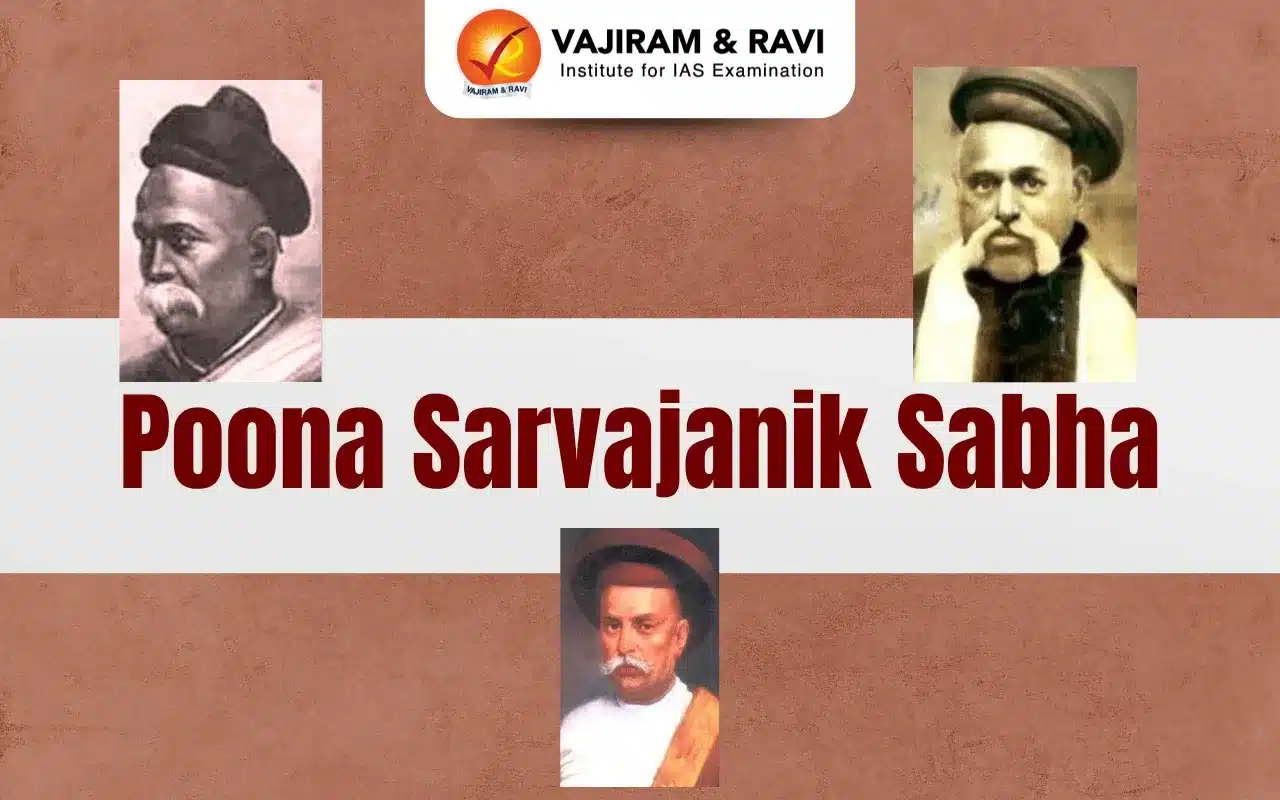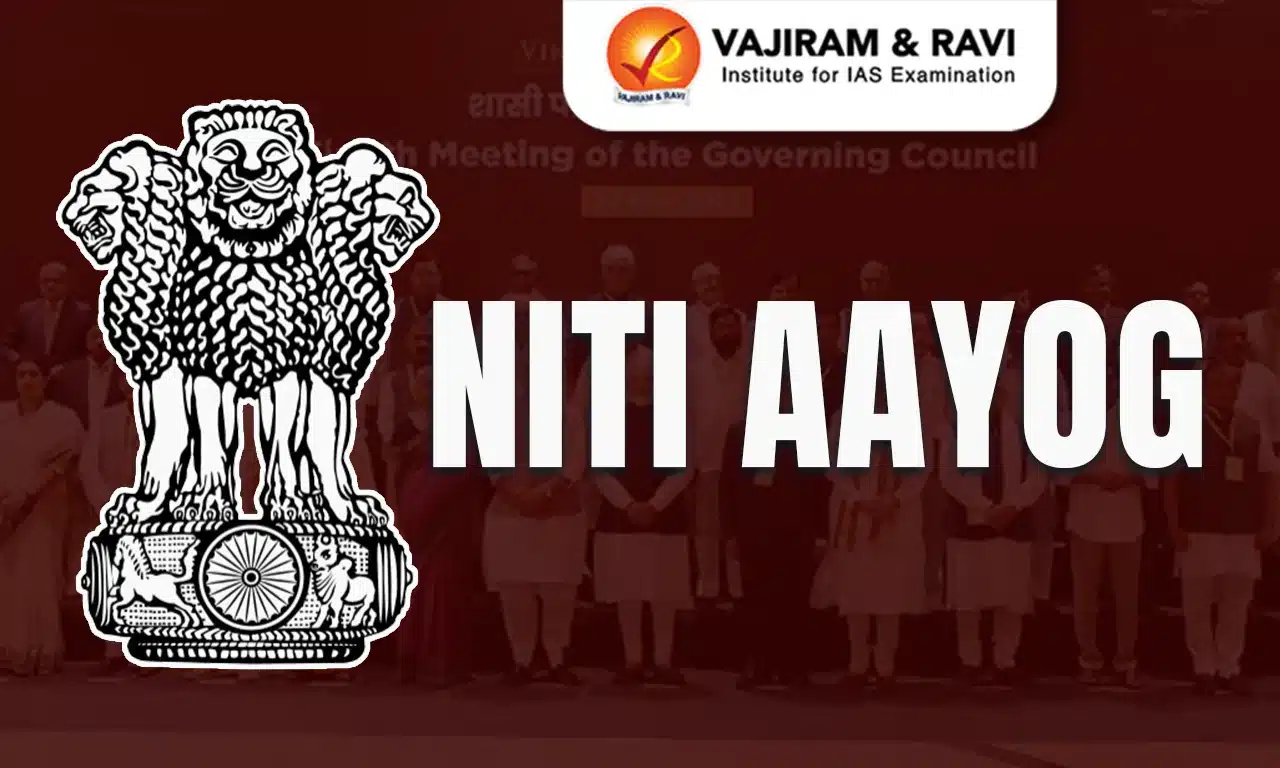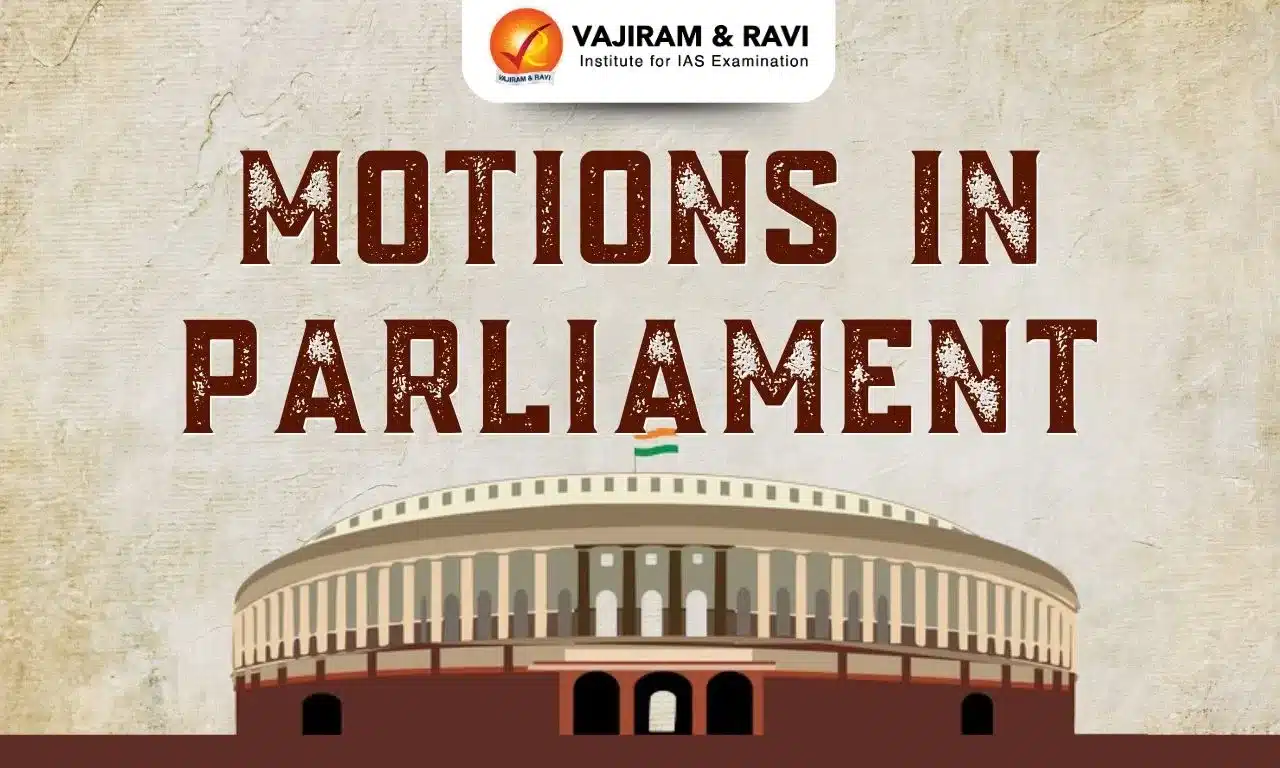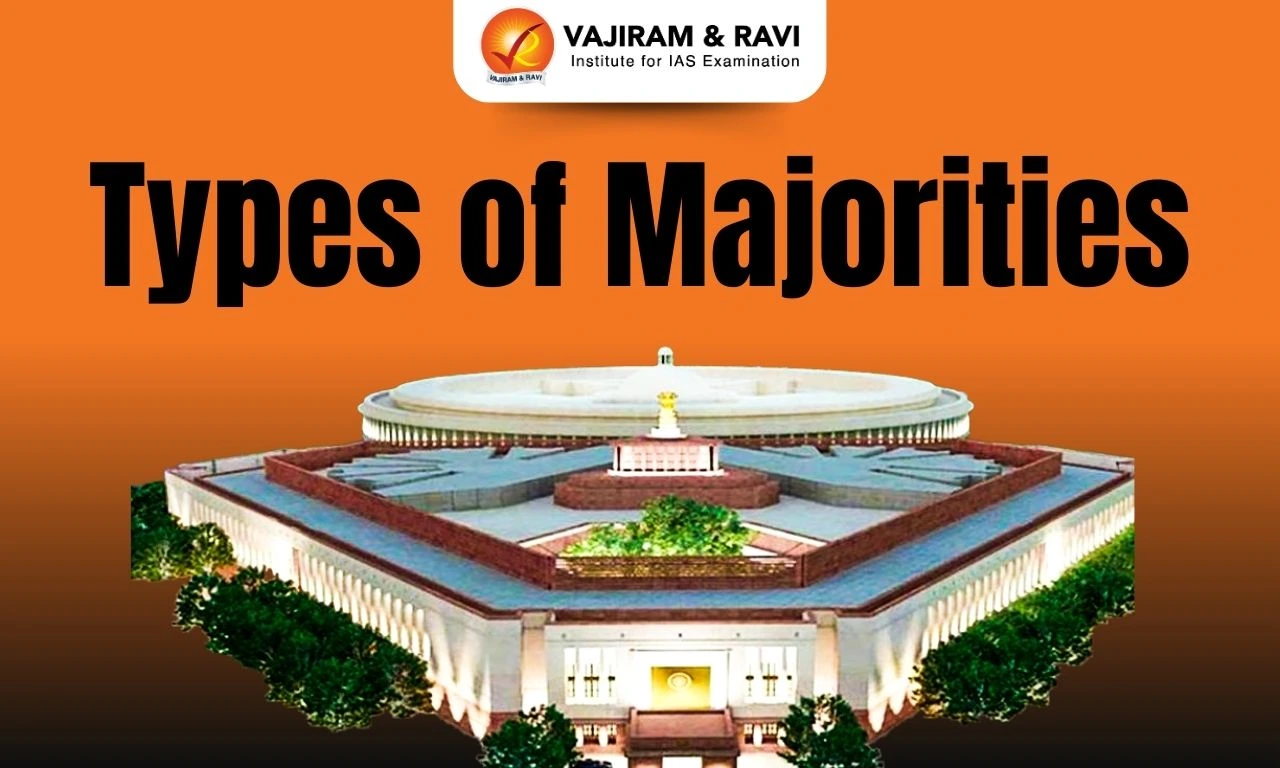The Poona Sarvajanik Sabha was one of the most influential political organisations in 19th-century India. It was founded on April 2, 1870, in Pune (Maharashtra). It was one of the first Indian socio-political organisations formed to represent the interests of the Indian people under British rule.
The Poona Sarvajanik Sabha contributed significantly to the early nationalist movement by advocating for civil rights and social reforms and increasing Indian participation in governance.
Poona Sarvajanik Sabha Background
Poona Sarvajanik Sabha (also known as Sarvajanik Sabha or Everyone's Organisation) was a sociopolitical organisation in the British Raj that began with the goal of serving as a mediator between the government and the people of India and popularising peasants' legal rights. It was formed due to the need for a modern socio-political organisation capable of effectively representing the interests of the Indian people.
- Failure of Early Organisations: Before its formation, similar organisations such as the Deccan Association (1850) and the Poona Association (1867) had become defunct.
- The Sabha was formed in response to public dissatisfaction with local governance, and to mediate between the government and the people.
- Formation: On April 2, 1870, the Poona Sarvajanik Sabha was established as an elected body with 95 members chosen by 6000 people.
- The organisation served as a precursor to the Indian National Congress, which held its first session in Maharashtra.
- Objective: The Poona Sarvajanik Sabha was intended to serve as a liaison between the government and the Indians. The Sabha's leaders addressed public grievances to the British government and used it as a platform to instil patriotism in the people.
- First President: Bhawanrao Shriniwasrao Pant Pratinidhi, the ruler of Aundh State, served as the organisation's first President.
- Ideological Split: Following an ideological split among sabha members after 1895, its functions began to dwindle and divide into various groups.
Poona Sarvajanik Sabha Founders
The Poona Sarvajanik Sabha was founded in 1870 by Mahadev Govind Ranade with the assistance of his associates, Ganesh Vasudeo Joshi, S.H. Sathe, S.H. Chiplonkar, and others. He was an eminent lawyer, scholar, and social reformer. Ranade's vision and leadership were critical in determining the Sabha's goals and activities.
- Other notable figures who contributed to the sabha included Bhawanrao Shriniwasrao Pant Pratinidhi, Vishnu M. Bhide, Gopal Krishna Gokhale, Vaman Shivram Apte, and Bal Gangadhar Tilak.
Poona Sarvajanik Sabha Features
The Poona Sarvajanik Sabha was a pioneering organisation that sought to represent Indian interests under British rule. Several key features characterised the Sabha:
- Link Between Government and People: The Poona Sarvajanik Sabha acted as a liaison between the British government and the Indian people, ensuring that the government's actions were more in line with the people's interests and desires.
- Democratic Representation: The Poona Sarvajanik Sabha operated on democratic principles. Membership was open to people of all castes and classes, though it was dominated by educated middle-class professionals like lawyers, teachers, and journalists.
- Local Community Representation: The Poona Sarvajanik Sabha represented the local community, which included sardars, landowners, businessmen, government officials, lawyers, and teachers, to ensure their interests were heard.
- Representation of Peasant Interests: The Poona Sarvajanik Sabha actively represented peasant interests, opposing unjust laws such as the forest, salt, and press laws and working to protect the rural community's rights.
- Advocacy Through Publications: The Poona Sarvajanik Sabha published a quarterly journal to promote its ideas, foster Indian unity, and advocate for economic and political reforms.
- National Pride and Education: The Poona Sarvajanik Sabha organised lecture tours and meetings to instil a sense of national pride among the people and educate them about their rights and duties.
Poona Sarvajanik Sabha Contributions
The Poona Sarvajanik Sabha made significant contributions to Indian society and the nationalist movement. The notable contributions of the Sabha include the following:
- Peasant and Agriculture Support: In 1872, the Poona Sarvajanik Sabha appointed a sub-committee to investigate the condition of peasants and agriculture, aiming to protect them from exploitation.
- Famine Relief Efforts: In 1876, the Poona Sarvajanik Sabha organised famine relief in the Deccan region, providing much-needed assistance during a crisis.
- Arbitration Courts: The Poona Sarvajanik Sabha established arbitration courts, known as "Nyayn Sabhas," to facilitate the private settlement of civil disputes and help people avoid costly litigation.
- Political Activism: The Sabha played an active role in the political struggle of the time. In 1875, the Sabha submitted a petition to the House of Commons, advocating for Indian representation in the British Parliament.
- Publication of a Quarterly Journal: The Poona Sarvajanik Sabha launched a Quarterly Journal, which published its proceedings along with discussions on political, social, and economic issues, keeping the public informed and engaged.
- Promotion of Swadeshi: The Poona Sarvajanik Sabha promoted Swadeshi by sending its member Ganesh Vasudeo Joshi to the Delhi Durbar in 1877, dressed in hand-spun khadi.
- It was one of the first organisations to promote the use of khadi long before it became a symbol of Indian nationalism under Mahatma Gandhi.
- The precursor to Indian National Congress: The Sabha's efforts to mobilise public opinion and advocate for reforms laid the groundwork for the formation of the Indian National Congress in 1885. Many of its members later joined the Congress and contributed to the larger nationalist movement.
The Poona Sarvajanik Sabha was a pioneering institution that made significant contributions to India's socio-political landscape in the late nineteenth century. By advocating for civil rights, social reforms, and self-government, it established the foundation for the larger Indian nationalist movement.
Last updated on March, 2026
→ UPSC Notification 2026 is now out on the official website at upsconline.nic.in.
→ UPSC IFoS Notification 2026 is now out on the official website at upsconline.nic.in.
→ UPSC Calendar 2026 has been released.
→ UPSC Final Result 2025 is expected to be released soon.
→ Check out the latest UPSC Syllabus 2026 here.
→ Join Vajiram & Ravi’s Interview Guidance Programme for expert help to crack your final UPSC stage.
→ UPSC Mains Result 2025 is now out.
→ UPSC Prelims 2026 will be conducted on 24th May, 2026 & UPSC Mains 2026 will be conducted on 21st August 2026.
→ The UPSC Selection Process is of 3 stages-Prelims, Mains and Interview.
→ Prepare effectively with Vajiram & Ravi’s UPSC Prelims Test Series 2026 featuring full-length mock tests, detailed solutions, and performance analysis.
→ Enroll in Vajiram & Ravi’s UPSC Mains Test Series 2026 for structured answer writing practice, expert evaluation, and exam-oriented feedback.
→ Join Vajiram & Ravi’s Best UPSC Mentorship Program for personalized guidance, strategy planning, and one-to-one support from experienced mentors.
→ Check UPSC Marksheet 2024 Here.
→ UPSC Toppers List 2024 is released now. Shakti Dubey is UPSC AIR 1 2024 Topper.
→ Also check Best UPSC Coaching in India
Poona Sarvajanik Sabha FAQs
Q1. Who edited the journal of the Poona Sarvajanik Sabha?+
Q2. Was Bal Gangadhar Tilak associated with Poona Sarvajanik Sabha?+
Q3. Which organisation was founded by MG Ranade?+
Q4. What was the purpose of Poona Sarvajanik Sabha?+
Q5. Which newspaper was published by Poona Sarvajanik Sabha?+
Tags: poona sarvajanik sabha quest














